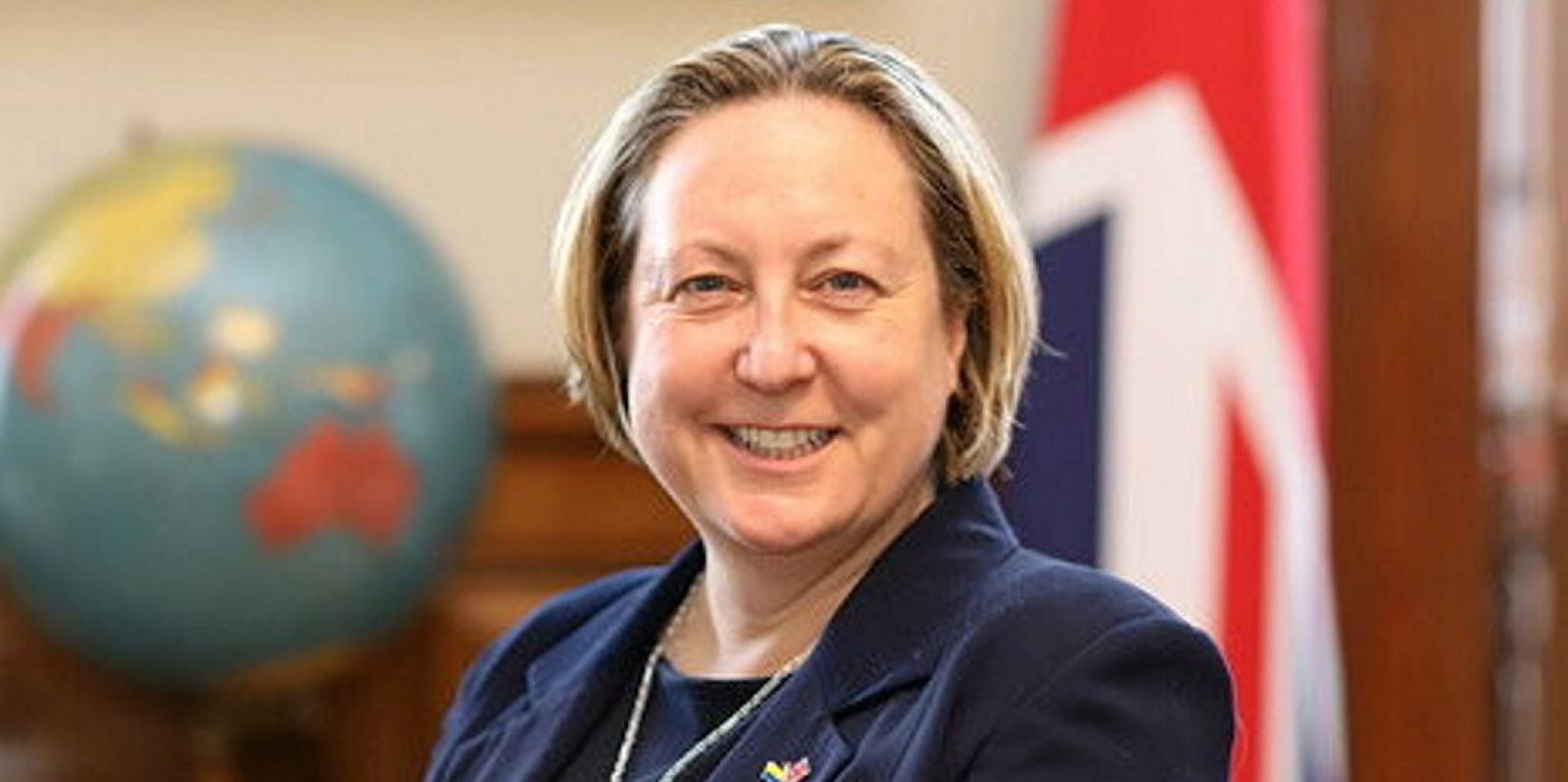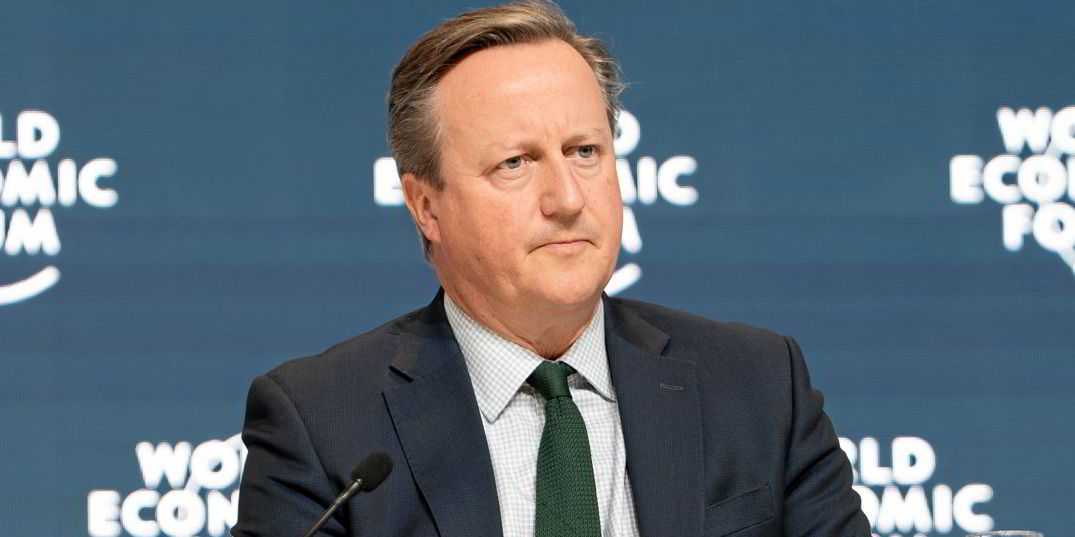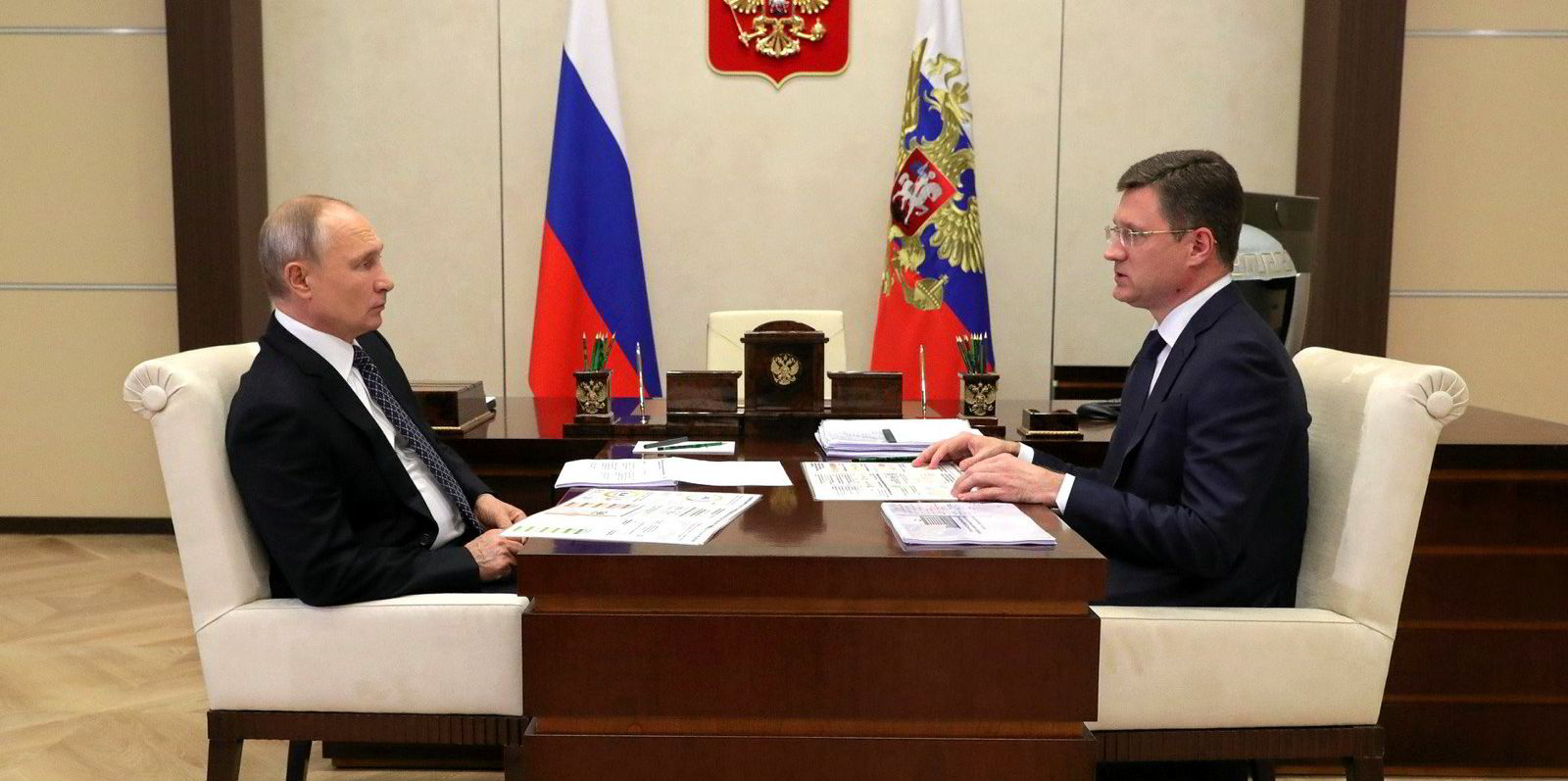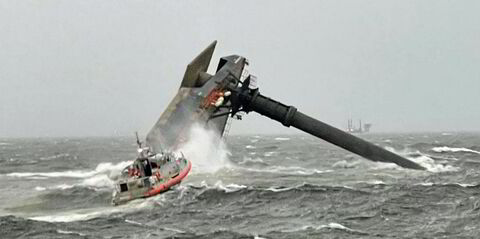As the UK was rubber-stamping its latest measures to target the shadow fleet, an aframax tanker hauling 730,000 barrels of Urals crude was in the Baltic Sea, five days from skirting the English coastline.
The legislation passed on Friday increased the powers of the British government to blacklist individual ships after David Cameron, the foreign secretary, admitted that more could be done to target tankers hauling Russian oil.
That “more could be done” was amply demonstrated by the 115,350-dwt Sea Fidelity (built 2005), a tanker managed by Star Voyages Shipping Services of Dubai when the company was targeted with British sanctions last December.
At the time, foreign office minister Anne-Marie Trevelyan said the move would “hit Putin where it hurts … cracking down on illegal supply chains propping up Russia’s war machine”.
Or not, as it turned out. After the blacklisting and before the current voyage, the Sea Fidelity had twice shipped Urals to Indian refineries, the largest consumer of Russian crude along with China, according to cargo data specialist Kpler.
The single-ship owner, Elory Logistics, remains the same, only the ship manager has changed to another outfit in Dubai, One Moon Marine Services. Its website says it is hiring people for its expanding operations.
TradeWinds reported in July last year that the ship changed hands for $34.5m near the peak of the post-invasion market, making Cyprus-based owner Toro Corp a profit of $22.4m on the sale.
Cameron told Parliament last week that the inflated cost to the Kremlin of building a fleet was a sign of some success for the G7 group of nations as they attempt to empty Russia’s war chest.
Let’s put it into perspective. Since the blacklisting of Star Voyages, the Sea Fidelity has hauled Russian oil valued at $131m, and that’s a conservative price using the $60 per barrel cap level.
The reality is that the difference between Britain’s tough-talking against the shadow fleet and its enforcement action is a wide one.
The measures agreed last week will allow the UK to target individual vessels, which the US has been doing since October with some success at putting some tankers out of action.
But that’s largely down to the power of the dollar, and the difficulties that shipowners and operators face in carrying on business outside of the world’s primary currency. The UK’s trump card had been the size of its insurance and broking sectors.
The government had argued that insurance cover would be impossible without the expertise and capitalisation of the London market.
Yet about three-quarters of Russian oil is now moved by the shadow fleet without the involvement of UK-linked insurers, according to the Kyiv School of Economics.
UK-based brokers and Britons working abroad were warned last week of the penalties they face if they are involved in sales deals for tankers that end up in the shadow fleet without proper checks being carried out.
But the UK has had the power to pursue and potentially prosecute shipbrokers for more than two years.
That it has failed to do so at any time since March 2022 means its muted warnings of prosecutions encapsulated in new guidance to the sector will send few shivers of fear through the sector.
No fines for any breaches have been levied by the UK as a result of sanctions imposed against Russia since its invasion of Ukraine.
And it has highlighted how the “nudge” theory of influencing behaviour without using a big stick — a form of behavioural science championed by Cameron when he was prime minister — has palpably failed.
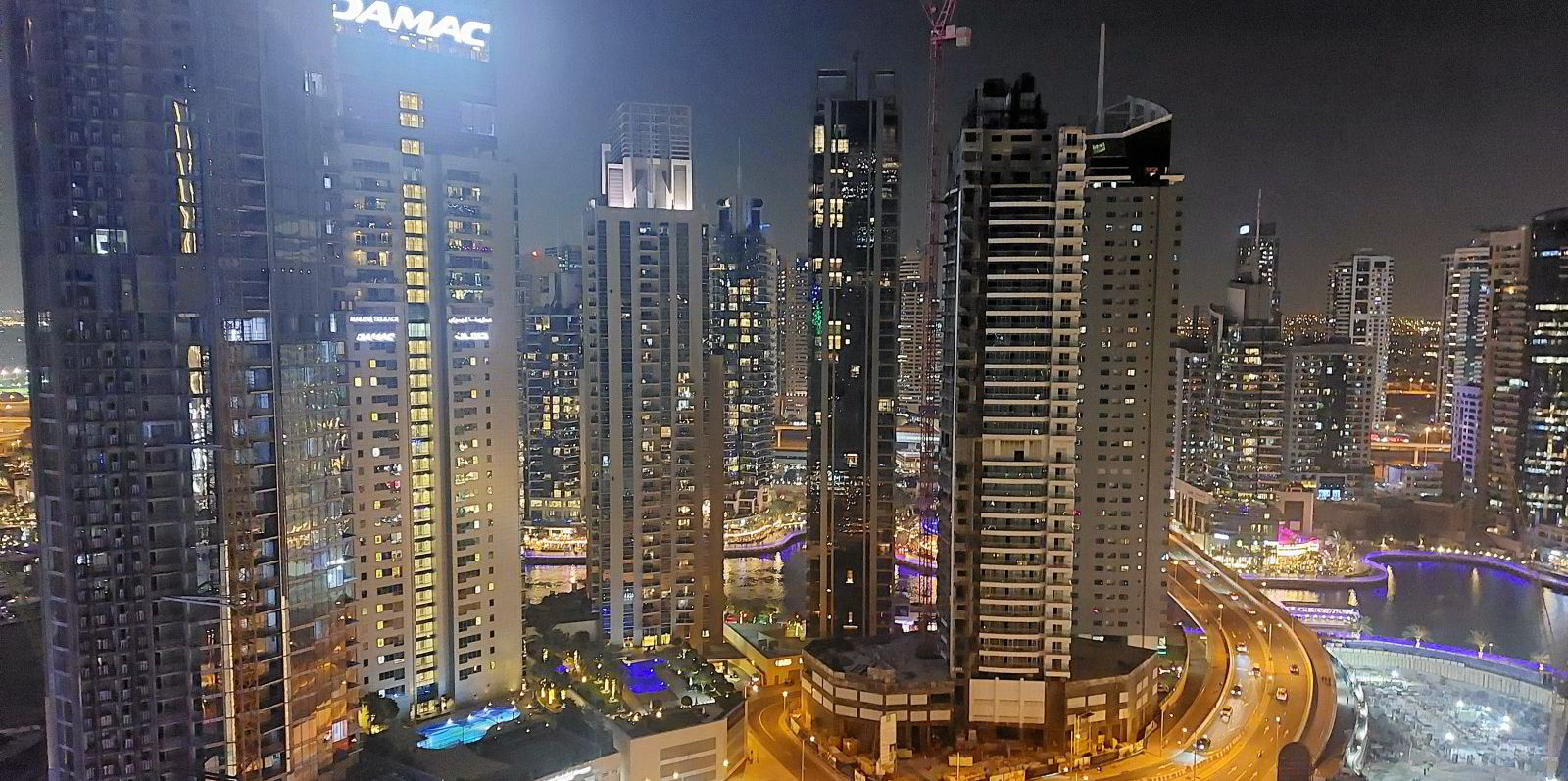
Brokers that have refused to get involved in deals because of suspicions of Russian links have lost business worth millions of dollars to rival operators.
The national election called for 4 July has cut short a parliamentary inquiry into Britain’s opaque sanctions programme and the oil price cap. The halt came before a potentially uncomfortable grilling for the sanctions regulator.
It remains to be seen what the commitment of any new government will be. But one broker told TradeWinds that whatever the election result, only Washington has the heft to harry the owners and operators of tankers hauling Russian oil.
Meanwhile, the Sea Fidelity will continue to ply its trade. It was due to pass through the English Channel on Wednesday.
Neil Whiley, director of sanctions at banking trade body UK Finance, said many insurers, shipping players, financiers, lawyers and accountants are “not bothering” with the Russian trade because the oil price cap regime is so complex.
“I saw a report the other day about how much of that traffic comes through the Strait of Dover,” he told MPs earlier this month before they packed up their inquiry.
“If they are uninsured and there is a disaster, it is going to be the UK and the French picking up the bill for that, because there is no insurance to cover any spill.”
Read more
- ‘Extremely volatile’: Expect the unexpected in Mediterranean tanker marker, Poten says
- Greek banks break new ground: Domestic players dominate lending to Hellenic shipowners
- The ‘matrix’: How Braemar brokers ‘navigate’ sanctions minefield
- Veteran tanker breaks down after loading in Russia, halts shipping traffic
- Fears over LNG ‘dark fleet’ rising, Flex boss warns
- AIS data spoof: Sanctioned Middle East tankers shown at airports
